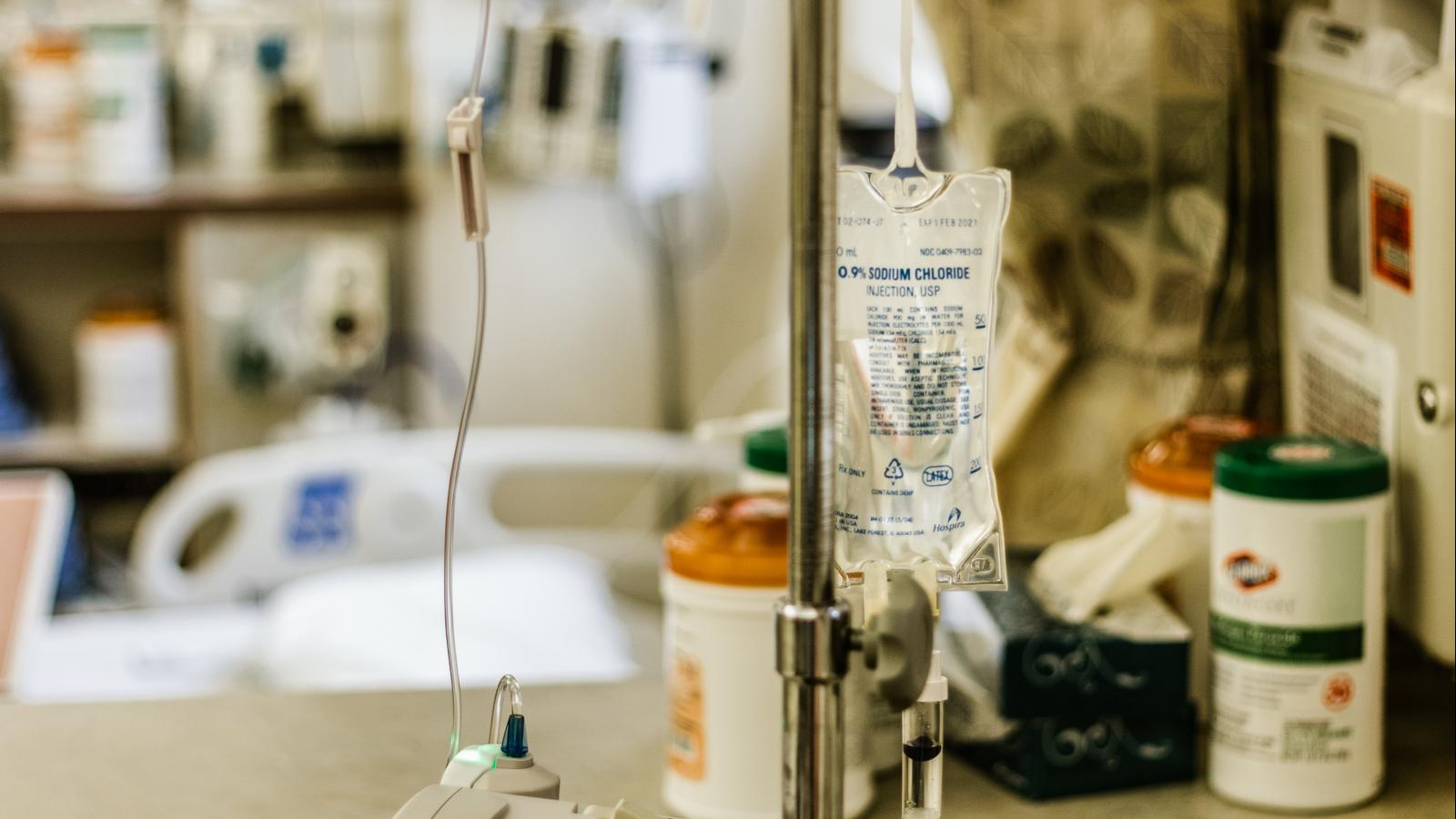How is ALL treated?

The aim of treatment is to put the ALL into remission.
Remission is when your bone marrow is producing blood cells normally and you have fewer than 5% of the immature leukaemia cells (blasts) in your bone marrow. Your red blood cell, white blood cell and platelet counts have returned to normal levels or close to normal levels and there are no signs or symptoms of the disease.
Because ALL is a fast-growing cancer, treatment will start soon after you have been diagnosed.

When you start treatment, you may need to spend a few weeks in hospital.
Chemotherapy: Chemotherapy uses drugs to kill cancer cells. Chemotherapy is the main treatment for ALL. For people who are medically fit and under 60 years of age, usually intensive chemotherapy is given, to try to destroy all the leukaemia cells. Read more about chemotherapy for ALL.
Steroids: These are drugs that can help some cancer drugs to work better. They are often used with chemotherapy or you may be given steroids straight away while waiting for chemotherapy to start. You may be given steroids throughout your treatment. Read more about steroids.
Targeted therapies: Drugs that can stop cancer growing or spreading by targeting specific proteins and gene mutations that help the cancer to grow. For example, the Philadelphia chromosome. Read more about targeted therapies for leukaemia.
Immunotherapy: Immunotherapy helps your immune system to work better to fight cancer cells. New treatments are being developed all the time. For example, a type of immunotherapy called CAR T-cell therapy may now be an option in a very small number of ALL cases. Read more about immunotherapy.
Stem cell transplants: This is where all the blood cells in your bone marrow are destroyed and replaced with healthy stem cells. These stem cells should grow into healthy blood cells. Your doctor may recommend a transplant:
- As a first treatment for high-risk leukaemia.
- If your leukaemia returns after treatment (recurrence).
Stem cell transplants may not be suitable for everyone. It depends on a number of things such as your age, general health, if a donor is available and your type of leukaemia.
This treatment is intense and has many potentially serious side-effects. Your medical team and specialist nurses will discuss this with you in detail before you consent to treatment.
Read more about stem cell transplants.
For more information
Phone
1800 200 700




